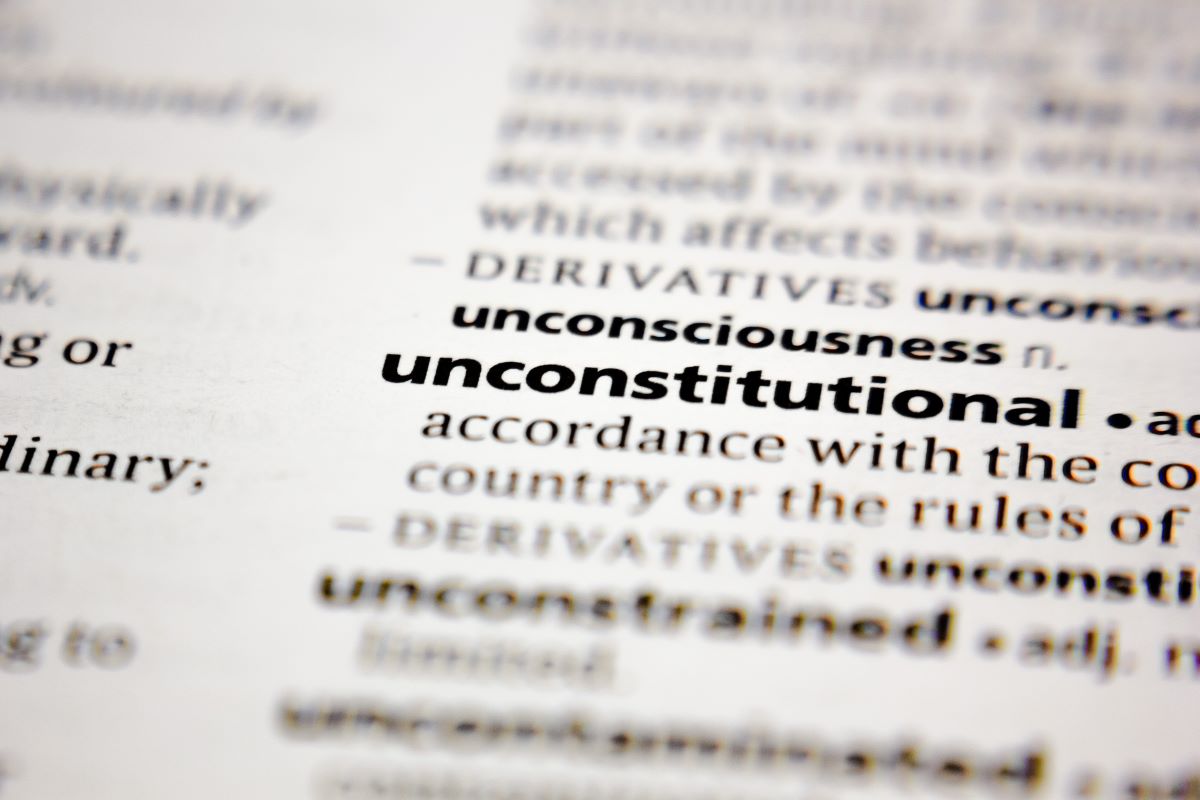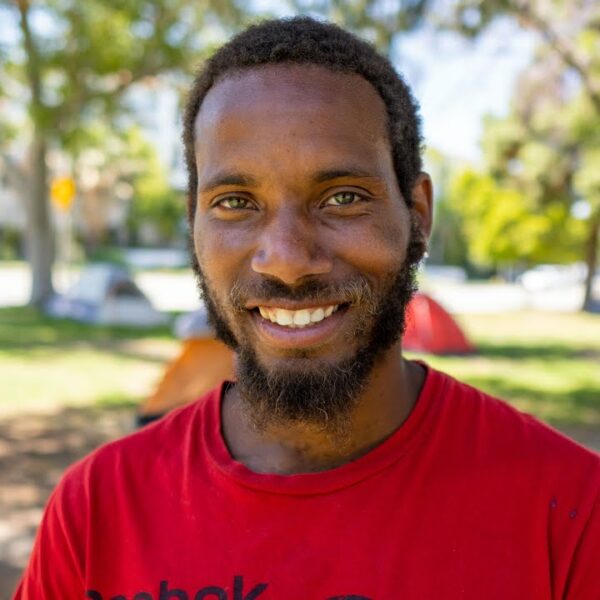Doesn’t that Make Criminalizing Homelessness a Crime?
A federal appeals court ruled that “a state may not criminalize conduct that is unavoidable consequence of being homeless,” citing the Eighth Amendment’s cruel and unusual punishment clause. However, almost every state in the nation has anti-homeless legislation on the books. Most of these laws are currently being enforced.
Isn’t it a crime to create policies that criminalize homelessness? The answer might surprise you.
How Homeless Criminalization Works in Brief
Since roughly the First World War, homelessness has posed a serious problem in the United States of America. In the 1930s, more than two million people were experiencing the horrors of homelessness firsthand. Most of them hopped trains into oblivion, surviving on scraps made from handiwork they conducted in various towns.
In 2020, the Department of Housing and Urban Development projected that approximately 580,466 people are without a place to live on any given night. That number, known as the Point in Time Count, is significantly lower than the true estimate. But whether homelessness is currently in the millions or the hundreds of thousands is neither here nor there.
The fact remains that it is rampant, growing, and is not new. It is a sizable group of people being taken for a ride, train or no train, a shameful reality that’s off the rails.
As shantytowns and tent cities arose in urban and suburban settings nationwide, they became emblematic of human suffering, a problem that is most embarrassing for a country whose claim to fame is human rights.
The answer to homelessness is simply housing. But there has yet to be an elected official simply giving away homes in mass.
The media paints a portrait of complexity around the simple-to-solve homelessness problem. In doing so, the dark shadow shifts direction like a setting sun, taking the focus away from the structural inequalities truly fueling the crisis and placing it instead on the people suffering from it the most – members of the homeless population.
Media portrayal often zeroes in on the criminal element of homelessness, portraying members of this marginalized community as perpetrators, despite the fact that this accusation is largely untrue.
The overwhelming majority of unhoused individuals are not criminals. They’re merely people who can’t afford a place to live.
But all that changes if states wield power to make becoming homeless a crime all by itself. And in effect, that is exactly what is happening.
Anti-Homeless Legislation
Laws that make homelessness illegal do so by placing government bans on life-sustaining activities. The most well-known example of such legislature is the notorious anti-camping ban, which exists in almost every corner of our country.
Anti-camping ordinances prevent acts like sitting, standing, or sleeping in public spaces. People whose status is unhoused have no other option and are therefore subject to legal harassment, police brutality, prison time, warrants, and fines as a direct result of their homelessness.
On Paper, these Laws are Unconstitutional, but that Doesn’t Mean They’re Illegal or Punishable
Disquieting as it sounds, it’s not illegal to violate the constitution.
Government entities possess the right to intentionally or even maliciously violate constitutional rights due to a 1983 law giving them qualified immunity. In an interview with ACLU, constitutional law professor William Baude summarized this by stating, “[t]he doctrine of qualified immunity prevents government agents from being held personally liable for constitutional violations unless the violation was of ‘clearly established’ law.”
A constitutional amendment without a law to back it up is virtually useless by modern design. And rather than draft laws in support of the constitution, policymakers have opted to draft legislation that stands entirely in opposition to the treasured doctrine, which begs the question:
Does the Constitution Have the Power to Protect Human Rights?
Whenever the subject of human rights infringement arises, most of us are quick to cite the constitution. From freedom of speech and religion to the right to a swift trial with a jury of one’s peers, even the very idea of leveraging power so it sits in the hands of the people.
All of these are tenants of the U.S. Constitution, a doctrine that holds no power without supportive legislation, a doctrine that can be violated at whim by people in powerful positions. From the podiums with flags at half-staff, political figureheads stand before us, quoting a doctrine that does not apply to them. After which, policymakers will hunch over tables and chisel out new, more aggressive forms of unconstitutional legislation.
This is the act that deserves to be criminalized. This is the fuel for the homeless crisis, the housing crisis, the crisis of mass incarceration, and so much more.
Unconstitutional Laws Criminalizing Homelessness Are Becoming More Severe
In response to the ever-increasing homeless crisis, many states are moving in a cruel and unusual direction. Rather than abolishing laws that make it illegal for unhoused people to engage in life-sustaining activities, they’re doubling down, proposing even more aggressive camping bans that feature:
- Class C Misdemeanor charges
- Felony charges in the state of Tennessee
- Fines of up to $5,000
- The looming threat of lengthy prison sentences
- Sanctions on cities that refuse to enforce the anti-homeless laws
Imagine a world where you can be sanctioned for enforcing a law that violates the constitution. You don’t have to close your eyes. That harsh reality is already here.
Talk to Your Legislators about Abolishing Unconstitutional Anti-Homeless Legislation
Homelessness is the ultimate violation of human rights. Without laws supporting humanity, the constitution provides zero protection to some of the most vulnerable members of our society. Given this fact, how can you depend on that same doctrine to protect you from having your rights violated similarly?













